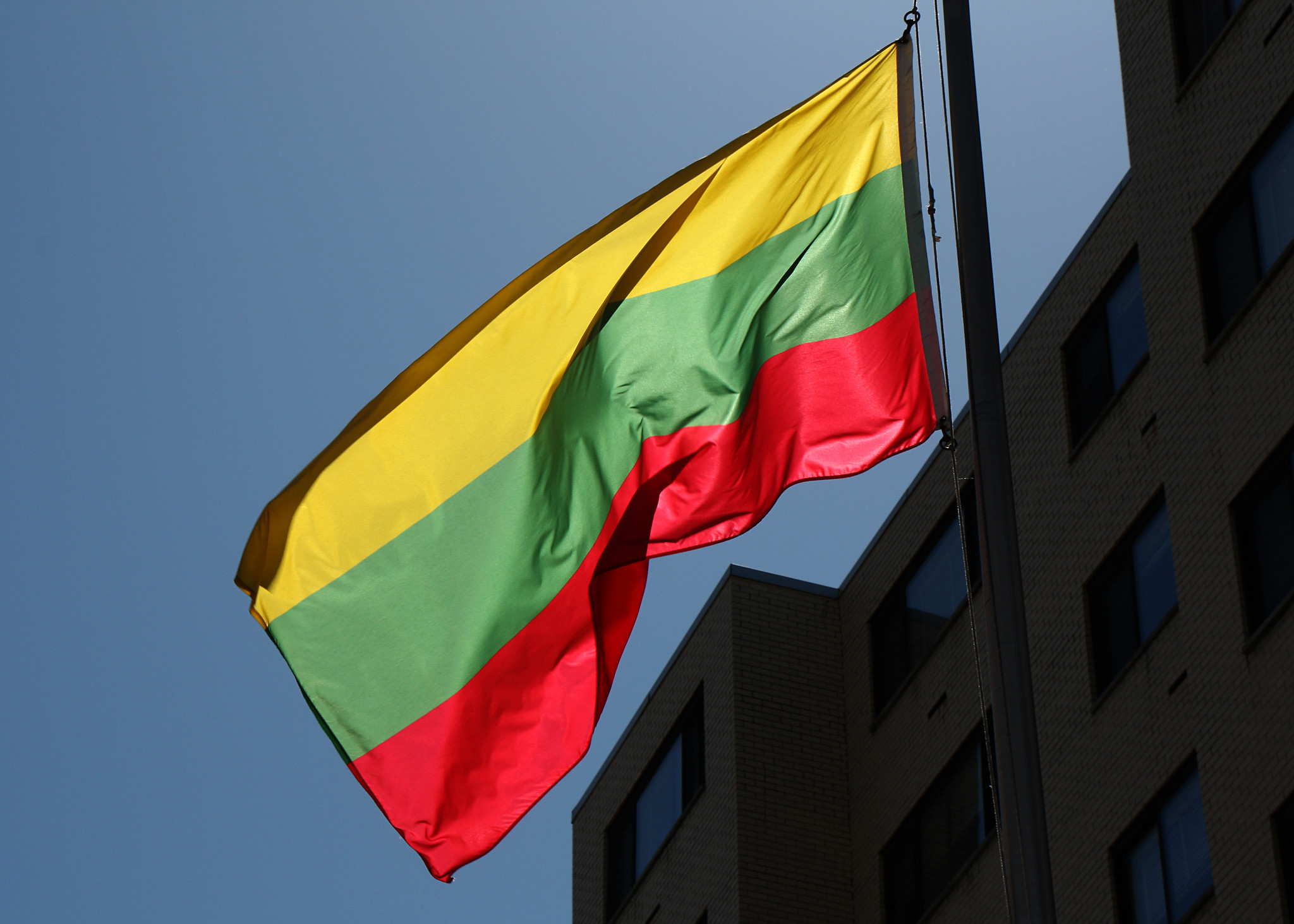
Baltic Rim Monitor offers the analytical take on the newest events concerning Baltic basin countries.
Date: 28 October 2020
New Government in Lithuania
After Parliamentary Election held on 11 and 25 October, a new government will be formed in Lithuania. The rule will be taken over by a centre-right Homeland Union (HU), who declared a continuity of foreign policy, naming other Baltic states, Poland, and the US as key “strategic partners.”

On 11 and 25 October Lithuanian Parliamentary election were held despite the second wave of Covid-19. The Seimas, how the Parliament is called, uses a parallel two-round system which means that voters participate in two independent elections for a single chamber – 71 seats are allocated in single-seat constituencies, while the remaining 70 reflect proportional representation.
The victorious HU secured a total of 50 seats (24.5%)* – 19 more than in previous term. Next up was the previously ruling Farmers and Greens Union (LFG) who will be represented by 32 politicians (17.4%). Social Democrats and the Liberal Movement won 13 seats each (9.3% and 6.8%, respectively), with Freedom and Labour securing respectively 11 and 10 places in the Seimas (9.1% and 9.4%, respectively).
Electoral Action of Poles in Lithuania – Christian Families Alliance (EAPL-CFA), Social Democratic Labour Party, Freedom and Justice, and Green Party will have 3 or less representatives. There were 4 Independent candidates who gained enough votes to secure a seat.
Most polls conducted in the first half of 2020 and the preliminary results indicated a rather confident victory of the opposition – Homeland Union (HU), who, through their economically liberal ideology opposing the agrarian, technocratic rules of LFG seems to be addressing the more Western-inclined part of Lithuanian society. LFG, whose popularity rose from 3.9% in 2012 to 22.5% in 2016, appears to have reflected the then-common trend on modern political scene of the West – resurgence to a broadly defined tradition and conservatism reflected by populistic moves. If re-elected, LFG had declared to establish state-owned pharmacies and implement a “13th pension” cash bonus to its senior citizens.
All three parties of the hitherto ruling coalition saw a loss of popularity, with the 2016’s leader LFG losing over 40% of its prior seats and Social Democrats achieving its worst result since 1992. On the other hand, the Freedom Party, formed only a year ago, gained an assuring 11 seats, while Labour saw an increase from only 2 seats four years ago up to 10 now.
Support Us
If content prepared by Warsaw Institute team is useful for you, please support our actions. Donations from private persons are necessary for the continuation of our mission.
According to this year’s results, however, tradition was overtaken by progress and freedom. Significant increase in endorsement was experienced by parties which base their ideology and policy proposals on economic liberty and integration with Europe. On the other hand, those specifically addressing religion and the rural population were less popular – LFG losing 22 of its seats.
Interestingly, EAPL-CFA had been expected to win three seats in the parliament compared to eight in the previous election. This turned out to be accurate, though the 5% threshold was not reached for the first time since 2008. The party representing the interests of Polish minority (which makes up 7% of total population in Lithuania) presents a conservative approach to policy. Its leader sits in the European Parliament with an alliance which includes Polish Law and Justice party.
As no single grouping won the electoral majority, a coalition must be formed. Talks are already in progress between HU, Liberal Movement, and the Freedom Party, who are likely to jointly pursue a conservative-liberal policy. The parties have issued a joint nomination for HU’s Ingrida Šimonytė, ex-Minister of Finance, to steer Lithuania’s policy as a prime minister.
The Homeland Union will pursue a continuity of foreign policy, naming the other Baltic states, Poland, and the US as key “strategic partners.” This might be a chance for the Three Seas Initiative to maintain momentum or the Baltic Fund – a young entity striving to tighten integration between the Baltic states and Poland – to gain its own. Moreover, the party’s head expressed his hope to establish and take advantage of cooperation with other centre-right parties in the EU and Scandinavia. HU’s coalition partners have stressed their focus on cutting taxes which were raised following the financial crisis in 2009. Nevertheless, Šimonytė has publicly rejected their proposals of legalising same-sex partnerships and decriminalise soft drugs. As opposed to their predecessor, the new leaders should exhibit a slightly more progressive and west-inclined approach.
Author: Jędrzej Duszyński
* Percentages in brackets reflect the results in the multi-constituency part of the election
All texts published by the Warsaw Institute Foundation may be disseminated on the condition that their origin is credited. Images may not be used without permission.















